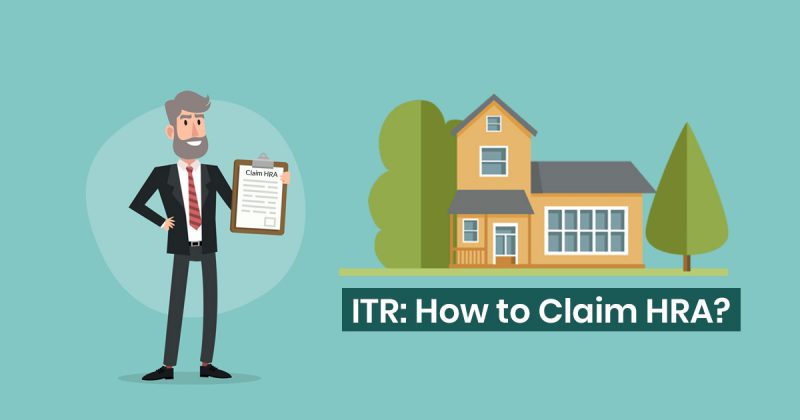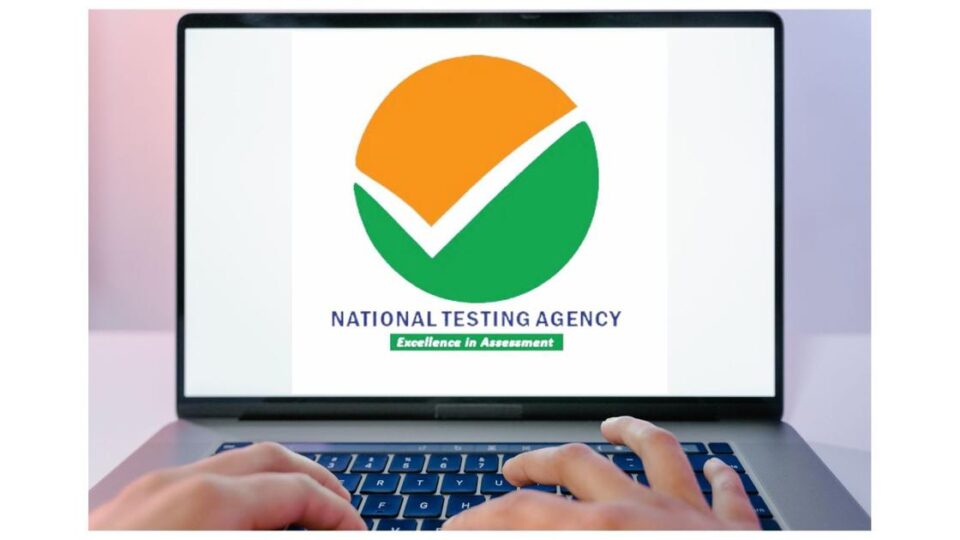
ITR Filing: Know How To Get HRA Exemption
An employer provides HRA or House Rent Allowance to its employees as a cost to rent a house in the city of the workplace. An employee availed the facility of the deduction for HRA through the payroll by submitting the requisite documents and also after meeting certain conditions.

HRA Exemption
A tax projection statement is provided by the employer which contains the exempted HRA amount which the employee can assess at the beginning of the financial year. HRA amount is deducted by the employer from the employee’s salary. The deduction can be seen in Part B of your Form 16 at the time of ITR filing. If by any means you forgot to claim the deduction at the time of ITR filing then you can file a revised ITR before the end of the assessment year.
Who Is Allowed To Claim HRA Exemption
Salaried employees are allowed to claim HRA exemption who are getting HRA deduct from their employer and pay rents, to reduce the sum of tax they pay against their salary.
How You Can Claim Exemption On HRA?
Before claiming the HRA exemption you should know how much allowance is taxable. “The tax-exempt portion of HRA comes out to be Rs 1.26 lakh whereas the balance of Rs 54,000 is the taxable part.” At the start of the financial year, your employer will provide you with the declaration form in which you will have to mention the HRA amount you pay to avail of exemption. And for any reason, if you were not able to claim the HRA through your employer then you claim it yourself while filing the ITR-1 form.
Remember if you are living on rent and pay an excess of ₹1 lakh yearly, then you will also need to show the landlord’s PAN, otherwise, you will not be able to avail the benefits.
Also read:
All The Methods To Check PF Balance At The Comfort Of Your Home
Eligibility Criteria:
- This benefit is only for salaried citizens.
- HRA deductions must be mentioned in your salary structure.
- Your living place must be rented.



